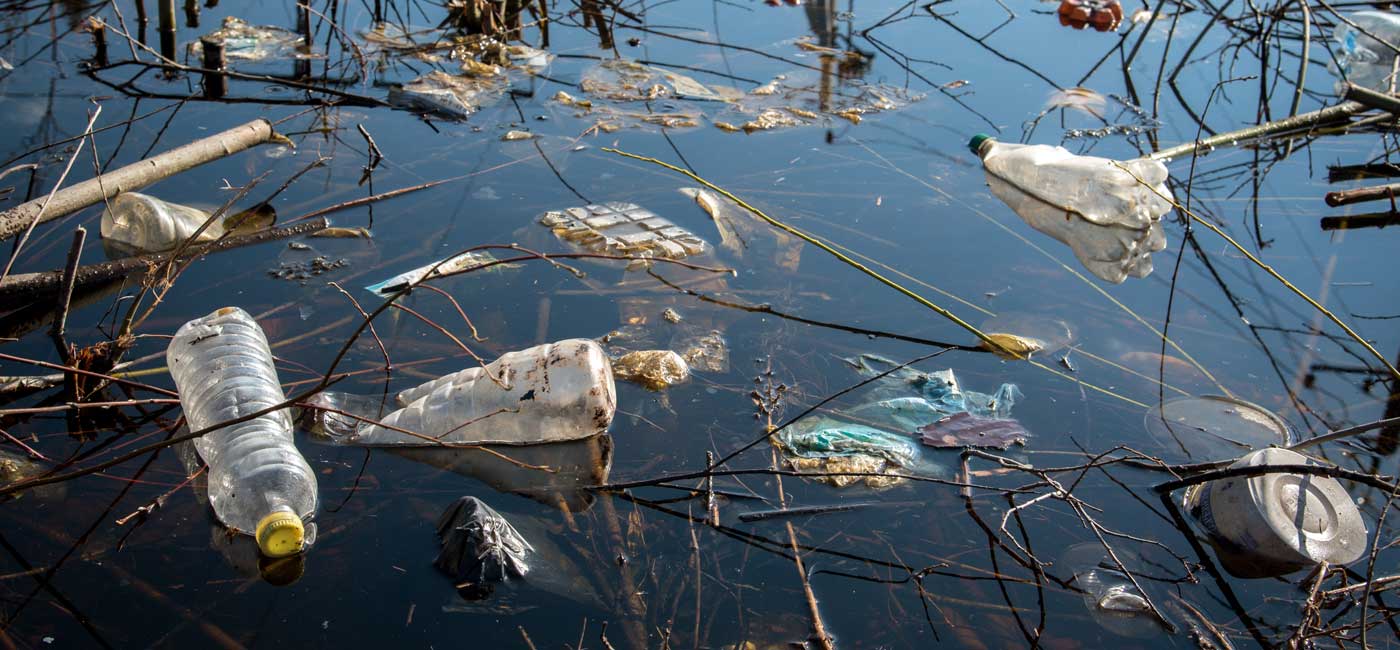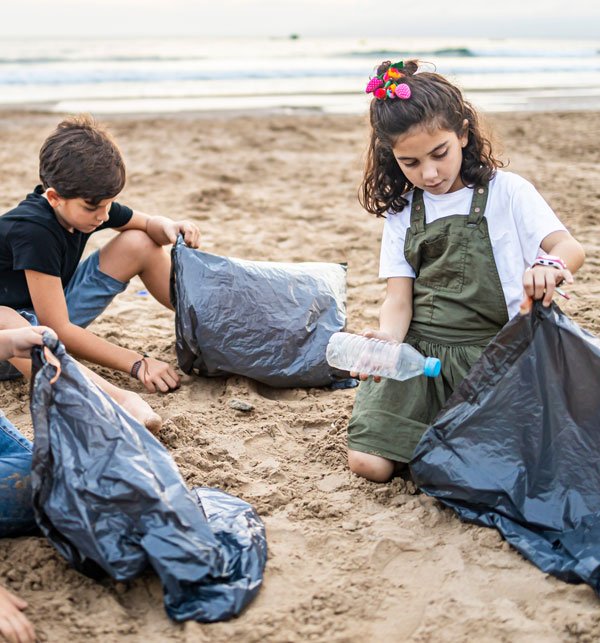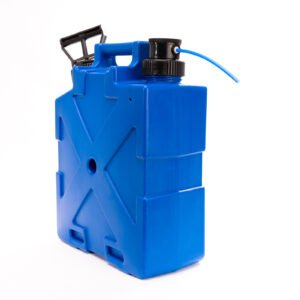Ban bottled water? -Hydration with the Environment in Mind
As the movement towards a complete ban on bottled water becomes an increasing possibility in society today, we can no longer ignore or avoid the effects of bottled water on our environment. As the facts of the environmental consequences of bottled water are becoming more and accessible and apparent, certain communities are beginning to respond, such as the small town of Bundanoon in southern NSW, Australia which, on the 26th of September, became the first town in the world to ban bottled water.
Did you know their is about 5.5 trillion macro and microplastic pieces in out our seas. About 8 million plastic bottles get washed into our oceans each DAY!!

- 64% of all bottles consumed go to land fill with only 36% being recycled
- The production of one liter of bottle water emits 100 times more greenhouse gases than a liter of tap water
Environmental Impacts
There is no arguing that bottled water has detrimental effects on the environment right from when it is produced right through to its consumption. According to Cleanup Australia it all begins at the source. Spring water used in bottled water is sourced from underground aquifers upstream from where the water surfaces. This interrupts the natural aquifer flow, effecting eco systems relying on the water for nourishment and growth.
The water is then transported all around the world, burning fossil fuels that otherwise would not be impacting on the environment if bottled water was banned.
According to the 2009 ‘Rubbish Report’ by Clean Up Australia, plastic bottles are amongst the ten most common rubbish items picked up on Clean Up Australia day. Bottles that are not recycled and go to land fill can take up to 1000 years per plastic bottle to decompose.
So what are the main reasons people insisting on turning to bottled water? Some would argue that bottled water not only tastes better than tap water, but that it is also a healthier alternative and is more convenient.
However, there is no evidence to suggest that bottled water is a healthier alternative. Unless your bottle of water is spring water from natural sources, then it is simply sourced from municipal water supplies, i.e. tap water, but has received extra treatment. Fortunately, as environmental awareness begins to rise, more people are beginning to wake up to the facts.
Increasing Trend of Social Responsibility
As mentioned in the introduction, Bundanoon, was the first town in the world to ban bottled water. The town replaced bottles of water in their stores with refillable and reusable bottles that can be replenished from water fountains installed inside shops and in the streets.
Following in the footsteps of Bundanoon, in January of 2011, the University of Canberra, Australia, declared that they were set to ban bottled water across their campuses. They turned to the solution of vending machines called WaterVend, providing water refills for a dollar rather than students and university staff having to pay $3.00 for a bottle of water.
In the year 2013, Concord, a town in the USA state of Massachusetts passed a law making single serving bottle water illegal. According to Ninemsn, “…the ban is intended to encourage use of tap water and curb the worldwide problem of plastic pollution.”

Final Say
In an economic and environmental climate that forces us to reconsider bottled water, Australian’s are fortunate enough to have the alternative of purchasing reusable bottles.
Australian water is said to be world standard drinking water, but you are encouraged to adopt the use of water filters.



